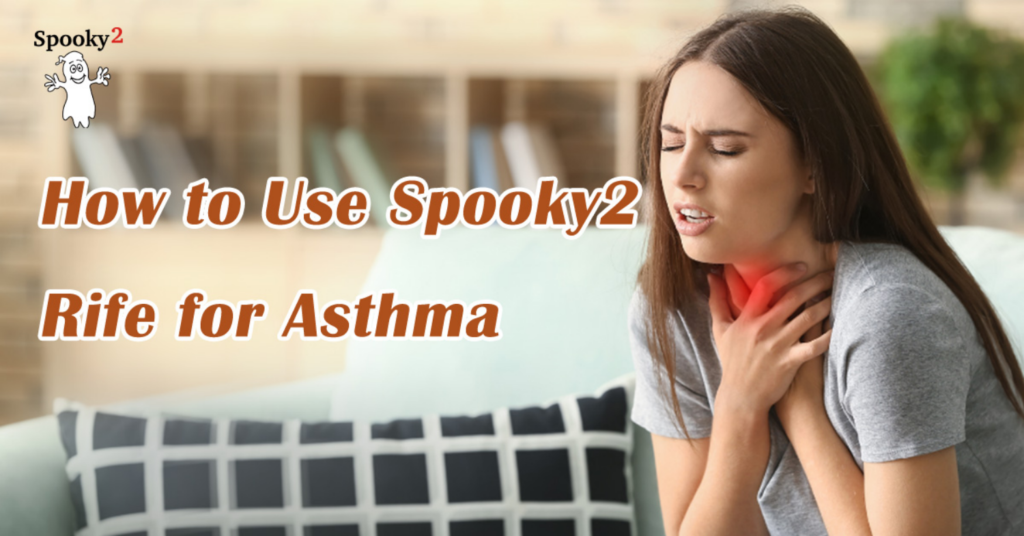
Asthma, sometimes called bronchial asthma, has been a global epidemic since 1970 and is a common lung disease that requires frequent medical attention because asthma is a chronic disease. Asthma can strike anyone at any age, and it occasionally causes shortness of breath or chest tightness, which can be worse at night. Other signs of asthma include gastroesophageal reflux disease (GERD), sinusitis, and sleep apnea, and without proper medical treatment, asthma can be fatal.
Asthma is thought to be caused by a combination of factors, including exposure to air pollution, allergens and certain medications. To this day, there is no consensus on why some people develop asthma and others do not, however, certain factors do confer greater risk:
- Allergies: Allergies can increase the risk of asthma.
- Environmental factors: People are more likely to develop asthma when exposed to respiratory irritants. Allergens, pollutants, gases, and second- or third-hand smoke can cause asthma, according to a study, and these seemingly insignificant aspects can have a huge impact on our bodies, especially in children, whose immune systems are still developing.
- Genetics: If you have a family history of asthma or allergic disease, you are more likely to develop the disease.
- Respiratory infections: Certain respiratory infections, such as respiratory syncytial virus (RSV), can damage the lungs of young children.
Although asthma has been extensively studied by various scientists, there is no consensus and current testing and treatment are based on patterns of symptoms and response to treatment over time, the most common of which include inhalers and oral medications.
- Relief inhalers: Often, patients try to use reliever inhalers to relieve symptoms when symptoms occur, however, reliever inhalers have certain disadvantages, after using them, you may feel shakiness or rapid heartbeat for a few minutes.
- Pills: If inhalers alone do not control your symptoms, you may need to take pills. The most commonly used asthma medicines are leukotriene receptor antagonists (LTRAs). LTRAs can cause headaches or pain as a side effect.
Spooky2 Frequency Healing for Asthma
Spooky2 can help treat asthma and is a great choice if you’re looking for a safe way to relieve asthma while avoiding the side effects of prescription medications. You can search for “asthma” in the Spooky2 database, choose the appropriate frequency program, load it into your frequency generator, set the device up, and your symptoms will miraculously be relieved. Here are instructions on how to set up Spooky2 to improve asthma:
Step 1: Set up your Spooky2-XM Generator/Spooky2 GeneratorX Pro and remote properly.
Step 2: Open your Spooky2 software and select Shell (Empty) Presets > Remote > Killing (R) – JW.
Step 3: Go to the “Programs” tab and enter the keyword “asthma (asthma)” to find and select asthma-related programs.
- Asthma1 (CAFL)
- Asthma2 (CAFL)
- Asthma Bronchial (XTRA)
- Asthma Specific (ETDF)

Step 4: Start running the program.

